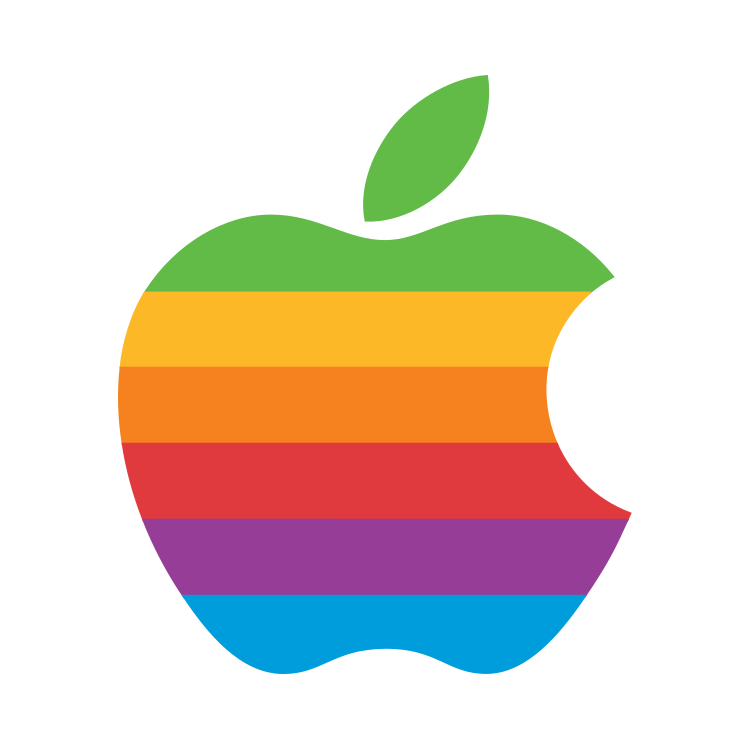“Additional hardware and software used.” (Small print)
What? Really?!
“Additional hardware and software used.” (Small print)
What? Really?!


Thank you mein freund. Although, I can’t think why – we’re fools. We elected Boorish Johnson. We must be.


What happens if you remove the SIM, disconnect from cellular and wifi?


I’m in the UK. Can I change the date to pre-Brexit 2015? [Drifts into adolescent memory] Or 2000?


A welcome article, but one that raises more questions than answers.
In 2019, Federighi adopted a policy that his division calls The Pact: “We will never knowingly allow regressions in the build. And when we find them, we will fix them quickly.”
In other words, if the company finds that the addition of a new feature breaks something else in the software — a regression — that bug needs to be immediately fixed. It seems clear that Apple had struggled to follow this guidance with development of iOS 18, macOS 15 and watchOS 11, necessitating the pause.
This ‘no-regression’ policy was introduced in 2019 (round the time of macOS Mojave). Subsequently, we’ve had 4 years of releases where reliability (IMO) has been declining each year. According to this report, Apple has taken special measures to halt development (for 1 wk) for iOS 18, macOS 15 and watchOS 11 to wheedle out the quality issues. I don’t know whether to jump for joy or weep. I mean, Federighi didn’t introduce these measures for macOS 11, 12, 13 or 14, so does that mean he finds their quality acceptable? If so, exactly how bad is the upcoming macOS 15?
What does it say about Apple’s tight development cycle that they’ll only allow 1 extra week in their timeline to fix bugs?
AFAIK they don’t circulate emails to your contacts, but smart TV makers routinely overstep the boundaries of acceptability and harvest data that should remain private. On LG TVs, for instance, if you insert a USB, the contents of that USB are read and sent back to HQ to further add to the other data they capture about you e.g. watching patterns, which sources you use, which programmes you watch etc. They cash in by leveraging such data. Low TV prices are effectively subsidised by this model.